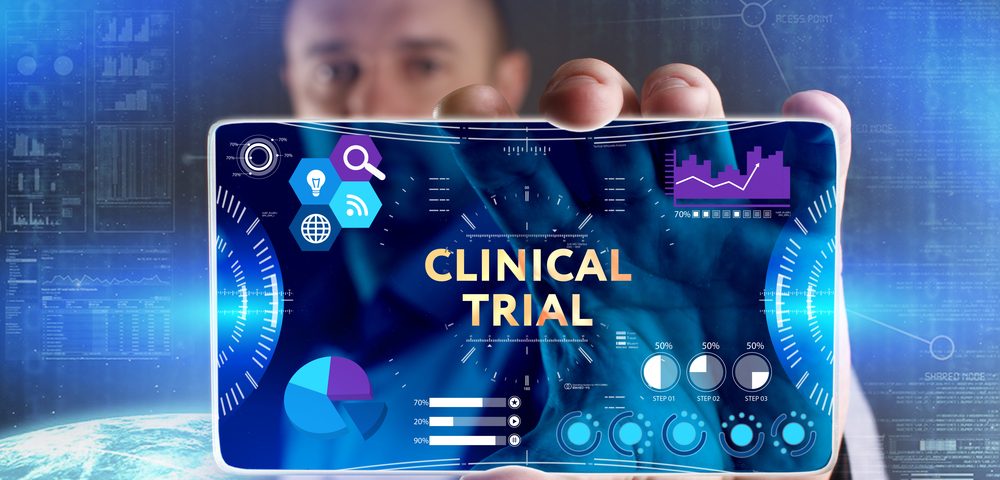Developing treatments for rare diseases such as adrenoleukodystrophy (ALD) is extremely challenging. The small number of patients worldwide makes it difficult for researchers to develop and test new treatments.
One way patients can help with the development of new treatments is to participate in clinical trials.
What are clinical trials?
Clinical trials are an important part of the process by which new treatments are evaluated and approved. Any time researchers or pharmaceutical companies develop a new device, medication, or intervention, it must be tested in a clinical trial that has been approved by the U.S. Food and Drug Administration (FDA).
The process of getting approval from the FDA usually involves preclinical experiments in an animal model of the disease. If the results of the animal model experiments are favorable, the FDA can approve the proposed structure of a clinical trial. The application process means that researchers decide before they start the trial whether the medication will be tested in patients or healthy volunteers. They also plan what controls they will use and how many participants they require, among other considerations.
The purpose of a clinical trial is to determine whether a treatment is safe and effective. It also aims to determine whether it is better than treatments that are already available, if any.
Clinical trials also allow researchers to determine what side effects a treatment may cause. This may not always be apparent from animal experiments.
What are the advantages of participating in clinical trials?
There are some benefits to participating in clinical trials.
Your child may be able to get access to a new medication that might not be available commercially for years. In ALD, there aren’t many treatments available, aside from supportive care.
The trial usually covers the cost of the medications and other treatments that your child receives. You also usually receive compensation for participation, such as travel costs or to cover time away from work.
What are some potential disadvantages?
Researchers design some trials to compare treatment to no treatment, or to standard treatments. Generally, they assign patients randomly to these two groups, which means that your child may not receive the new treatment that the trial is testing.
Depending on the study design, you may not know what treatment your child is receiving. In double-blind studies, neither the patients nor the physicians know which patients are in which group until the end of the study, to remove bias. In open-label clinical trials, both physicians and patients are aware of which group is receiving which treatment.
There are other unknowns in participating in a clinical trial. A new treatment may not work or may have side effects that are serious. In some cases, if side effects are severe, your child may have to withdraw from the trial. It often is unclear what side effects the new treatment may cause until researchers test it, which is a concern.
Is my child eligible for a clinical trial?
You should talk to your child’s healthcare team or primary care physician to determine whether he or she is eligible for a clinical trial. Your child’s physician should be able to conduct any tests that may be required prior to participation in the trial. They also may be able to advise you on whether or not a potential treatment being tested is likely to be effective for your child.
A current list of ALD clinical trials that are recruiting or preparing to recruit participants is available on the National Institutes of Health Library website.
Last updated: June 10, 2020
***
Adrenoleukodystrophy News is strictly a news and information website about the disease. It does not provide medical advice, diagnosis or treatment. This content is not intended to be a substitute for professional medical advice, diagnosis, or treatment. Always seek the advice of your physician or other qualified health provider with any questions you may have regarding a medical condition. Never disregard professional medical advice or delay in seeking it because of something you have read on this website.


